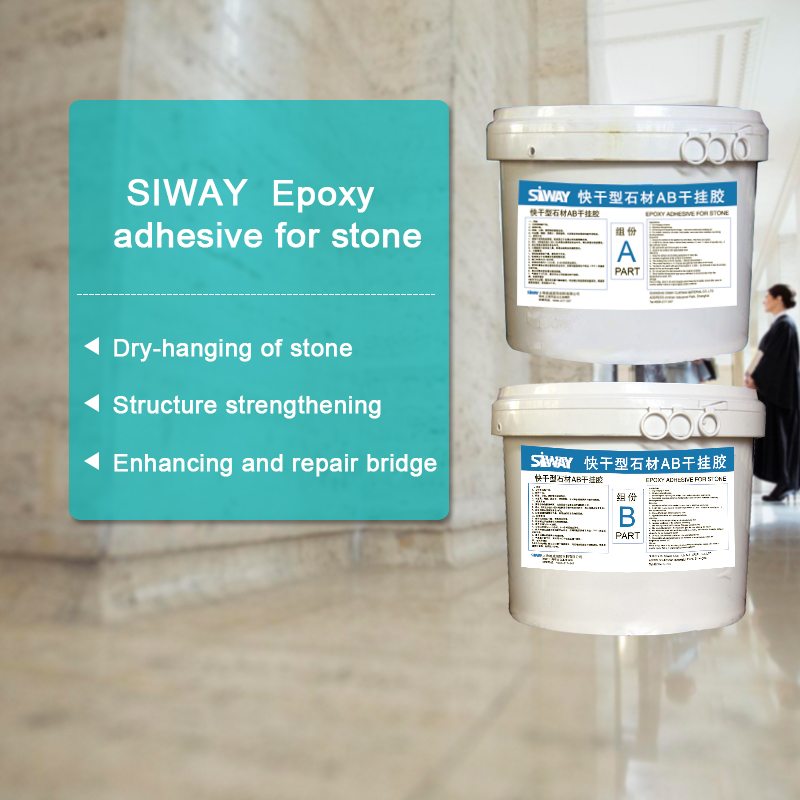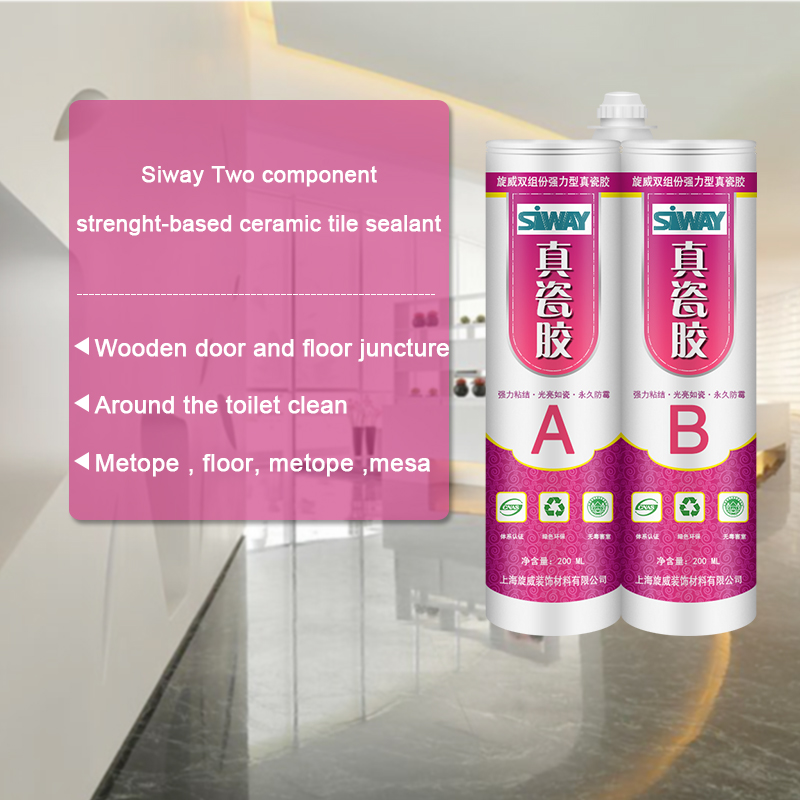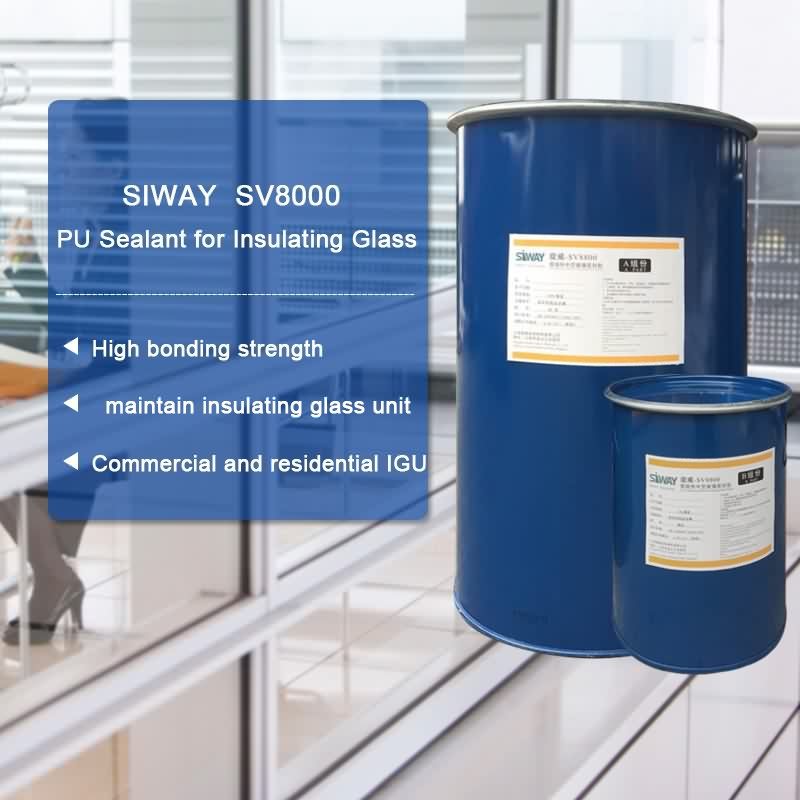Best Price for SV-777 silicone sealant for stone to Stuttgart Manufacturers
Short Description:
Description SV-777 silicone sealant for stone, is an elastomer sealant in modulus, single. Waterproof joints need to be sensitive to natural stone, glass and metal building clean appearance panel for sealing design, it to the moisture in the air after curing in contact, the formation of elastic rubber sealing performance, durability, weather resistance, good combination with most building materials. Key Features 1. 100% silicone 2. Minimized fluid migration 3. Low dirt pick up 4. Water &...
In order to give you convenience and enlarge our business, we also have inspectors in QC Team and assure you our best service and product for Best Price for SV-777 silicone sealant for stone to Stuttgart Manufacturers, sincerely look forward to serving you in the near future. You are sincerely welcome to visit our company to talk business face to face with each other and establish long-term co-operation with us!
Description
SV-777 silicone sealant for stone, is an elastomer sealant in modulus, single. Waterproof joints need to be sensitive to natural stone, glass and metal building clean appearance panel for sealing design, it to the moisture in the air after curing in contact, the formation of elastic rubber sealing performance, durability, weather resistance, good combination with most building materials.
Key Features
1. 100% silicone
2. Minimized fluid migration
3. Low dirt pick up
4. Water & weatherproof
5. Primerless adhesion to most building materials
6. 25% movement capability
Basic Application
1.Stone curtain wall sealing
2.Engineering ceramic sealing
3.Stone and other materials such as glass, metal seam sealing
4.Other uses
Technical data sheet
| Test standard | Test project | Unit | value |
| Before curing——25℃,50%R.H. | |||
| ASTM C 679 | Flow, sagging or vertical flow | mm | 0 |
| VOC | g/L | <80 | |
| GB13477 | surface drying time(25℃,50%R.H.) | min | 30 |
| Curing time(25℃,50%R.H.) | Day | 7-14 | |
| Sealant curing speed and operating time will have different with different temperatures and temperature, high temperature and high humidity can make sealant curing speed faster, rather low temperature and low humidity are slower.21 days after curing——25℃,50%R.H. | |||
| GB13477 | Durometer Hardness | Shore A | 30 |
| GB13477 | The ultimate tensile strength | Mpa | 0.7 |
| Temperature stability | ℃ | -50~+150 | |
| GB13477 | Movement capability | % | 25 |
| ASTM C 1248 | Pollution / oil, natural stone | No | |
Certification
25HM GB/T 23261-2009;ASTM C920-2011
Color
Black,White,Gray
Package
300ml in cartridge * 24 per box, 590ml in sausage *20 per box
Shelf life
12 months
Note
If you want the TDS or MSDS or other details, please contact with our sales person.
https://www.frontierbasementsystems.com | 1-931-451-1133
John L. is a certified energy conservation specialist, and part of Dr. Energy Saver by Frontier’s team of experts. Dr. Energy Saver by Frontier specializes in helping homeowners throughout the Nashville, Franklin, Clarksville and Brentwood, TN areas make their homes more comfortable and energy efficient by providing comprehensive home energy evaluations and many energy saving services, including home insulation upgrades.
In this episode of the HomePro video series, John L. shows how to use spray foam insulation to air seal and insulate the supply duct in the attic, and the rim joist in the basement.
Because of the way the air moves inside a building, a lot of energy is wasted through attics and basements, therefore properly air sealed and insulated attics and basements are the two main components of an energy-efficient house.
In this particular home, the attic is a vented and unconditioned with HVAC ducts running through an environment that is mostly hostile year round: freezing cold during the winter, scorching hot during the summer. That means that the air that is running through these ducts — and you paid to cool and heat — is either loosing or gaining heat in the attic, before it even makes it to the living areas! That makes your HVAC system work harder and your energy bills to skyrocket. Using spray foam in this case will accomplish two things: it will insulate and seal the ductwork. Spray foam expands when it is applied, closing gaps and preventing air leakage.
Down in the basement, spray foam was used to insulate and air seal an area that is often overlooked in terms of insulation during construction: the rim joist. That can be a costly mistake because as the heated air in the living areas rises and escapes through the upper levels of the house, a lot of unconditioned outside air is sucked into the house from an unsealed, uninsulated rim joist. Homeowners with this type of problem usually experience cold floors, uneven temperatures around the house, and overall discomfort, in addition to high energy bills.
If you live in the Nashville, TN area and would like to have a more comfortable home and save money in energy bills, visit our website or call for a free, in-home estimate today!
Large polished edge wall mirrors are often mounted using J-channels and black mirror mastic (adhesive). Removing a mirror will leave thick globs of mastic, which must be removed if the mirror is to be re-used.
This video shows one method for removing the mastic using an inexpensive heat gun, six-inch joint knife and painters tape.





